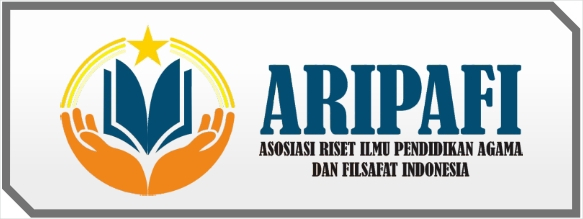Penerapan Teori Kebenaran Filsafat dalam Strategi Pemberantasan Hoaks di Era Digital
DOI:
https://doi.org/10.55606/sinarkasih.v3i1.454Keywords:
Digital literacy, Hoax, Theory of TruthAbstract
The application of the theory of truth in philosophy can make an important contribution to the strategy for eradicating hoaxes in the digital era. Hoaxes, as misinformation and often deliberately spread for certain purposes, have a broad negative impact, especially in the formation of public opinion and social stability. In this context, theories of truth such as correspondence, coherence, and pragmatism can be used to evaluate and identify the truth of information spread in cyberspace. Correspondence theory, for example, can be used to confirm whether information corresponds to objective facts. Coherence theory, on the other hand, prioritizes the consistency of information with a wider system of knowledge, while pragmatism theory assesses truth based on the practical impact of receiving information. The application of these theories in a hoax eradication strategy involves media education, increasing digital literacy, and developing information verification algorithms that prioritize the principles of philosophical truth. With this approach, it is hoped that the public will be smarter in filtering information, so that the spread of hoaxes can be minimized and public trust in digital media can be restored.
References
Binns, R. (2022). Social media, trust, and the impact of fake news. Journal of Digital Media and Policy, 9(1), 11–26.
Frischman, M. (2020). The ethics of information and disinformation in the digital age. Cambridge University Press.
Pennycook, G., & Rand, D. G. (2020). Fighting misinformation on social media using interventions that are both effective and scalable. Nature, 587, 234–237.
Pew Research Center. (2023). The state of online misinformation: A global perspective. Retrieved from https://pewresearch.org
Surajiyo, D., & Dhika, R. (2023). Misinformation and public policy in the digital age: A study on the role of fact-checking institutions. Journal of Media Ethics, 38(2), 145–160.
Zhang, Y., & Zhang, C. (2021). Social media and the spread of fake news: A study on the role of algorithms in shaping public opinion. Journal of Digital Communication, 14(4), 453–470.
Downloads
Published
How to Cite
Issue
Section
License
Copyright (c) 2024 Sinar Kasih: Jurnal Pendidikan Agama dan Filsafat

This work is licensed under a Creative Commons Attribution-ShareAlike 4.0 International License.


















